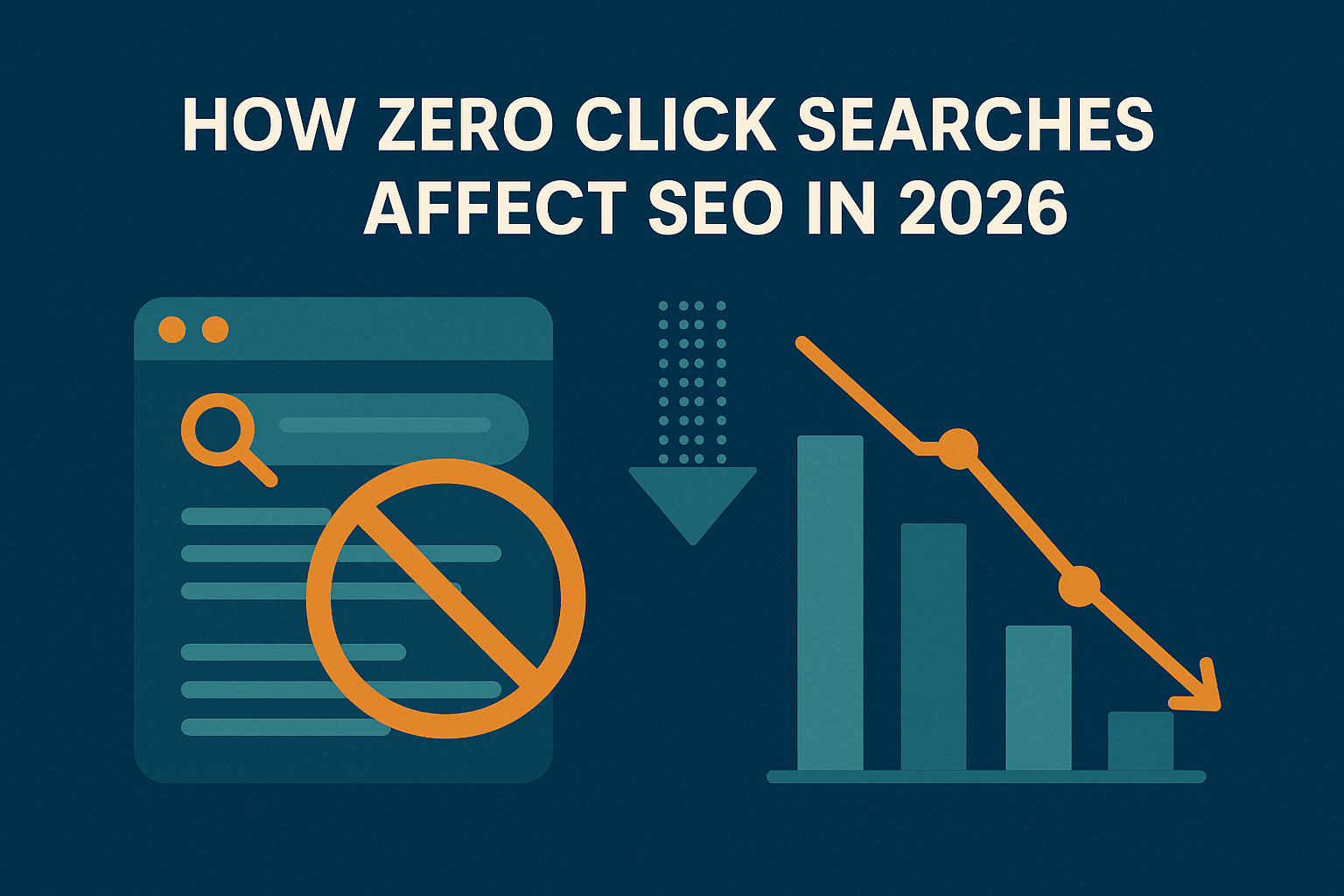Budgeting for a Virtual SEO Assistant: What You Need to Know
Hiring a virtual SEO assistant can be a cost-effective way to improve your website’s performance and achieve your digital marketing goals. However, understanding how to budget for this investment is crucial to ensuring you get the best results without overspending. Here’s what you need to know about budgeting for a virtual SEO assistant.
1. Understand the Scope of Work
Before setting a budget, define the tasks you want your SEO assistant to handle. Common responsibilities include:
- Conducting keyword research.
- Optimizing on-page and technical SEO.
- Building backlinks.
- Analyzing website performance and traffic.
- Creating or optimizing content.
The complexity and volume of these tasks will significantly influence the cost, so having a clear scope of work is essential.
2. Determine Your SEO Goals
Your SEO goals will also affect your budget. For example:
- If you aim to rank for highly competitive keywords, you may need a more experienced assistant, which could cost more.
- For smaller, localized SEO projects, a less experienced but skilled assistant might suffice.
Clearly define your objectives and match them with the level of expertise required.
3. Research Market Rates
The cost of hiring a virtual SEO assistant varies depending on factors such as location, experience, and expertise. On average:
- Entry-level assistants may charge $10–$20 per hour.
- Mid-level professionals typically charge $20–$50 per hour.
- Highly experienced SEO experts can command $50–$100+ per hour.
You can also opt for monthly retainers, which range from $500 to $2,000+ depending on the workload and expertise.
4. Choose Between Hourly, Project-Based, or Retainer Models
Different pricing models offer flexibility based on your needs:
- Hourly Rates: Best for short-term tasks or ad hoc projects.
- Project-Based Pricing: Ideal for one-time projects like website audits or SEO strategy development.
- Monthly Retainers: Suitable for ongoing SEO management and long-term goals.
Evaluate which model aligns with your requirements and budget constraints.
5. Factor in Tools and Resources
SEO assistants often require access to tools like:
- Keyword research platforms (e.g., SEMrush, Ahrefs, Ubersuggest).
- Analytics tools (e.g., Google Analytics, Search Console).
- Content optimization tools (e.g., Surfer SEO, Grammarly).
Some assistants may include tool costs in their rates, while others might ask you to provide access. Ensure your budget accounts for these additional expenses.
6. Assess the Value of Experience
While hiring a less experienced assistant might save money upfront, investing in a more experienced professional can yield better results faster. Consider:
- The potential return on investment (ROI) from higher rankings and increased traffic.
- The cost of correcting errors or delays caused by inexperience.
Balance your budget with the value an experienced assistant can bring to your business.
7. Set Aside a Contingency Fund
SEO is a dynamic field, and unexpected tasks or challenges can arise. Allocate a contingency fund (e.g., 10–15% of your budget) to cover:
- Additional hours or projects.
- Costs for unforeseen technical issues.
- New tools or resources needed mid-project.
This ensures you can handle surprises without derailing your overall budget.
8. Track and Review Spending
Regularly monitor your spending to ensure it aligns with your budget. Tools like project management software or spreadsheets can help you:
- Track hours worked and tasks completed.
- Compare costs against results achieved.
- Identify areas where you can optimize expenses.
Periodic reviews allow you to adjust your strategy and budget as needed.
9. Consider the Long-Term ROI
While budgeting for an SEO assistant is an upfront expense, it’s essential to view it as an investment. Improved rankings, increased traffic, and higher conversions can significantly boost your revenue over time. Focus on:
- Measuring results against your SEO goals.
- Calculating the ROI of your assistant’s efforts.
- Understanding the value of sustained growth in organic traffic.
Budgeting for a virtual SEO assistant involves more than just considering their hourly or monthly rates. By defining your goals, understanding the scope of work, and factoring in additional costs like tools and contingencies, you can create a realistic budget that supports your SEO objectives. Remember to monitor spending and evaluate results to ensure you’re getting the most value from your investment. With the right planning, a virtual SEO assistant can be a valuable asset in driving long-term success for your business.










